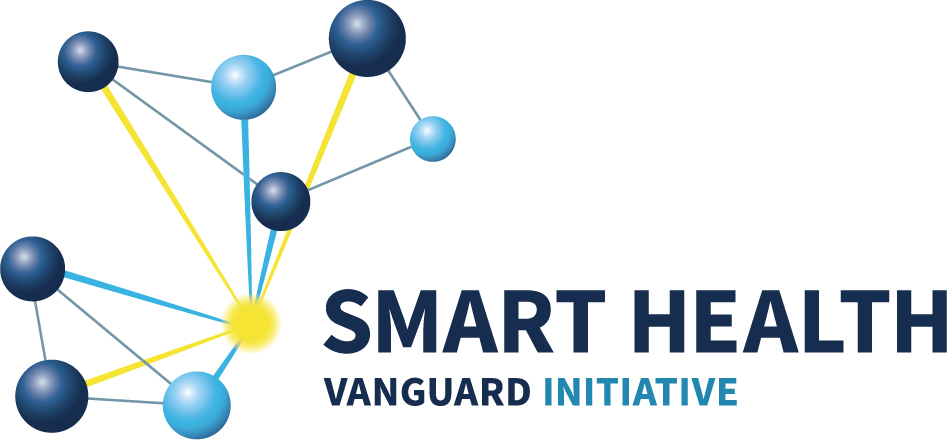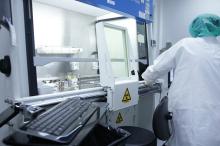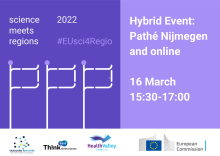About the Pilot
The Smart Health Pilot is a learning and co-creation community, composed of the 13 Vanguard Initiative Member regions, led by East Netherlands, Flanders and South Netherlands. The initiative, launched in 2021, recognises that personalised medicine, which with a citizen- centric approach, tailors medical treatment to individual characteristics, presents vast potential to revolutionise healthcare not only at European level but also globally; by improving patient outcomes, optimising treatments, extending healthy life years, and contributing to the sustainability of healthcare systems.
Accelerating Progress through the Quadruple Helix together with Academia, Industry, Government, and Society.
We drive advancements in personalised medicine and smart health through collaboration among experts in biomedicine, technology, and data-driven approaches. Engaging stakeholders from diverse sectors and actively involving less developed regions, we bridge innovative gaps across the entire value chain, promoting inclusivity and collaboration. To broaden participation, we actively showcase the remarkable outcomes and benefits of the pilot at tailor-made workshops, events, and digital seminars.
SMEs and industry: Catalysts of transversal innovation.
Transversal innovation is at the heart of our initiative, embracing diverse companies and technologies, even beyond the health sector. We actively engage with other European initiatives, such as the VI 3D Printing Pilot, to enhance synergies, expand the innovation ecosystem, and drive advancements in smart health.
Activities & Long Term Goals
Nurturing Projects from Conception to Commercialisation.
The Smart Health Pilot supports the development of joint demonstration cases addressing the development gaps and needs of smart health in Europe. We provide comprehensive support, including scouting EU funding opportunities, assisting in consortium creation and offering guidance during the project’s proposal preparation. Our commitment extends until the successful commercialisation of the project, ensuring its long-term impact.
Navigating regulatory barriers for Health and Personalised Medicine.
Healthcare is profoundly impacted by legislation and regulatory barriers, which often vary across Member States and even within regions. By leveraging the expertise and collaborative efforts of our partner regions, we aim to identify and address these regulatory challenges.




























